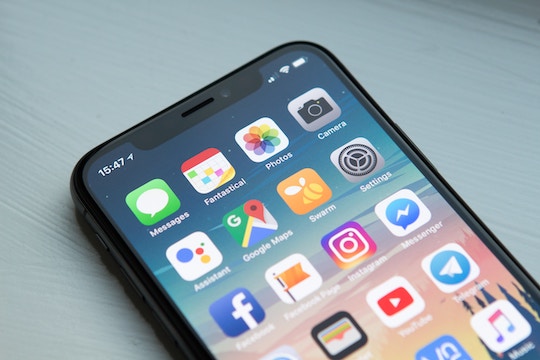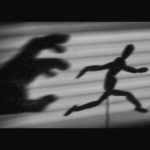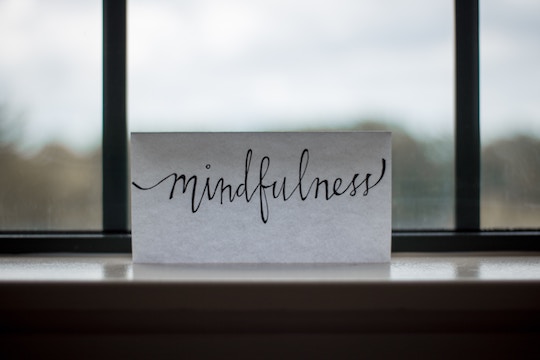“A day of worry is more exhausting than a week of work.”
—Sir John Lubbock, 19th Century British politician

Image from Unsplash by William Hook
Imagine you are a cell phone.
You begin your day with a full charge, and prepare to productively navigate your day. All of a sudden, a Worry App is opened on a family matter. Then two more open on your way to work. After your first cup of coffee, a couple more Apps open, due to an email and a text you’ve received.
Following a day of such events, your reserves of power are low or completely exhausted.
You’re in need of a recharge.
Unless you can limit or eliminate the open Worry Apps, you may find yourself headed to bed mentally and emotionally exhausted, sometimes unable to turn them off so you can rest.
EXERCISE:
How can you more efficiently and effectively allocate your physical, mental, and emotional energies throughout the day?
How would greater awareness of your worries limit or prevent you from experiencing these draining factors?


















